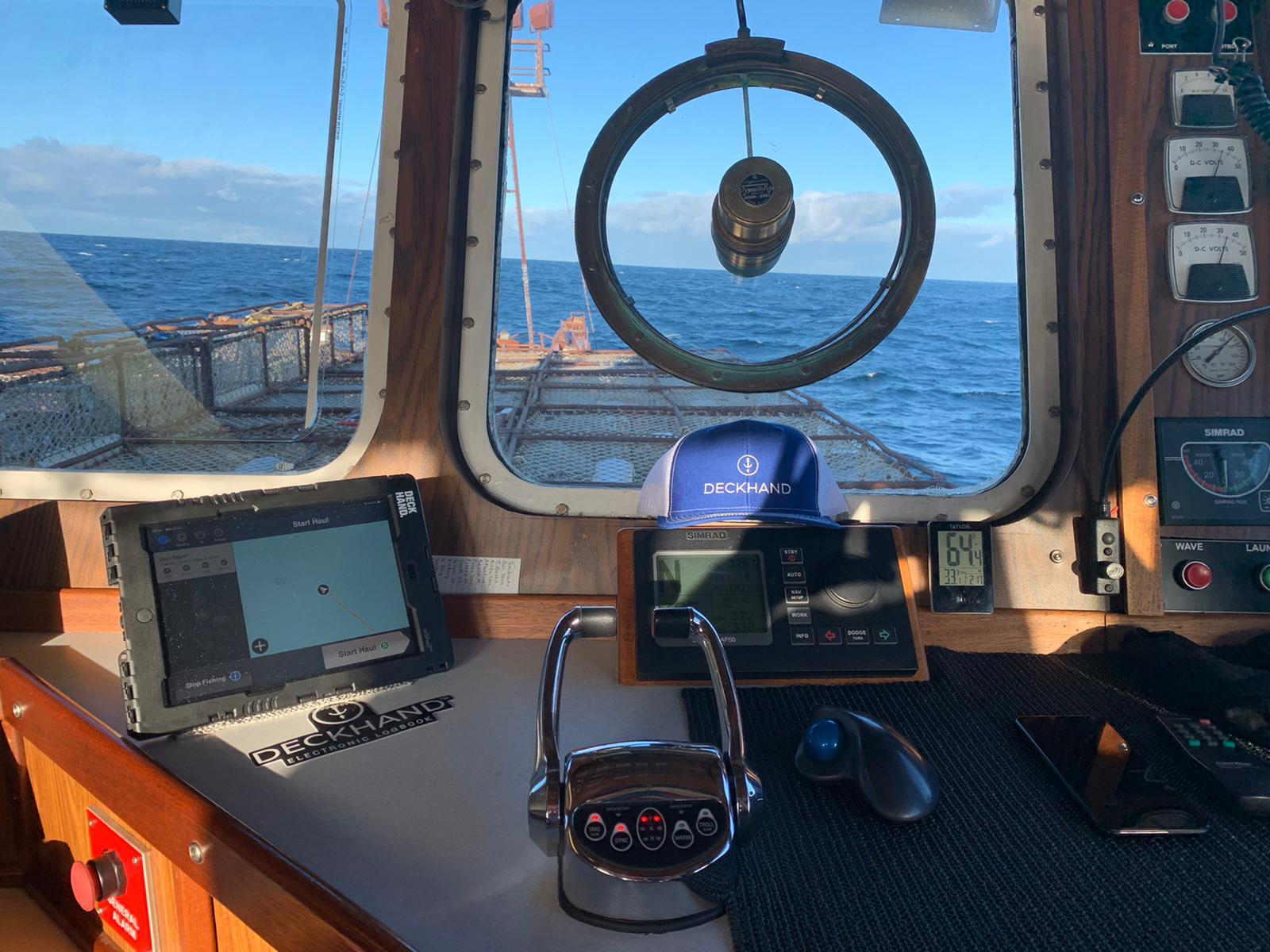The electronic logbook Deckhand Pro from Real Time Data was born over a decade ago in Australia to streamline paper tickets. Ten years later, the logbook is being used for more than 30 gear types in New Zealand and now has its eye on the U.S. market.
In March Deckhand Pro was awaiting approval from NOAA’s Greater Atlantic Regional Fisheries Office for fishermen with federal permits. In the meantime, the company is refining its product through privately funded pilots with New England and Bering Sea fishermen.
“Because new electronic reporting regulations are evolving at different speeds across state and federal jurisdictions, we are focusing first on deploying a useful logbook product to private fishermen while also working to integrate Deckhand Pro into the regulatory frameworks of their particular fishery,” said Lange Solberg, the company’s business development director for North America and a third-generation Bristol Bay fisherman.
Deckhand Pro hopes to knock out some elbow room in a burgeoning market by being a “fishermen-first company” that can cater to the distinct realities of life on the water across diverse fisheries.
One of the linchpins of this is Deckhand Pro’s malleability, which is in part facilitated by new code dubbed Catchflow.








